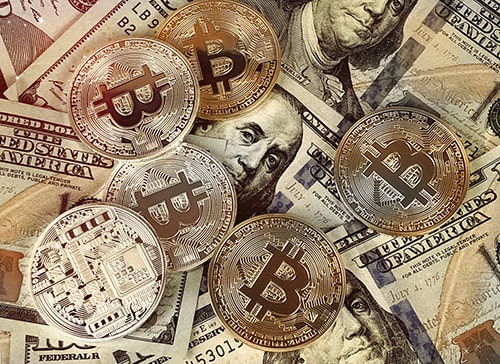In recent years, cryptocurrencies have witnessed a remarkable surge in popularity, with a growing number of individuals investing in digital assets. Consequently, the Thai authority has shown its support for this burgeoning activity. Thailand stands among the proactive nations in regulating cryptocurrencies.
In 2018, the Thai government introduced the Digital Asset Business Emergency Decree, a comprehensive regulatory measure managing digital asset transactions and associated activities within the nation. The Decree is applicable to individuals, entities, and exchanges engaged in operations with digital assets in Thailand.













